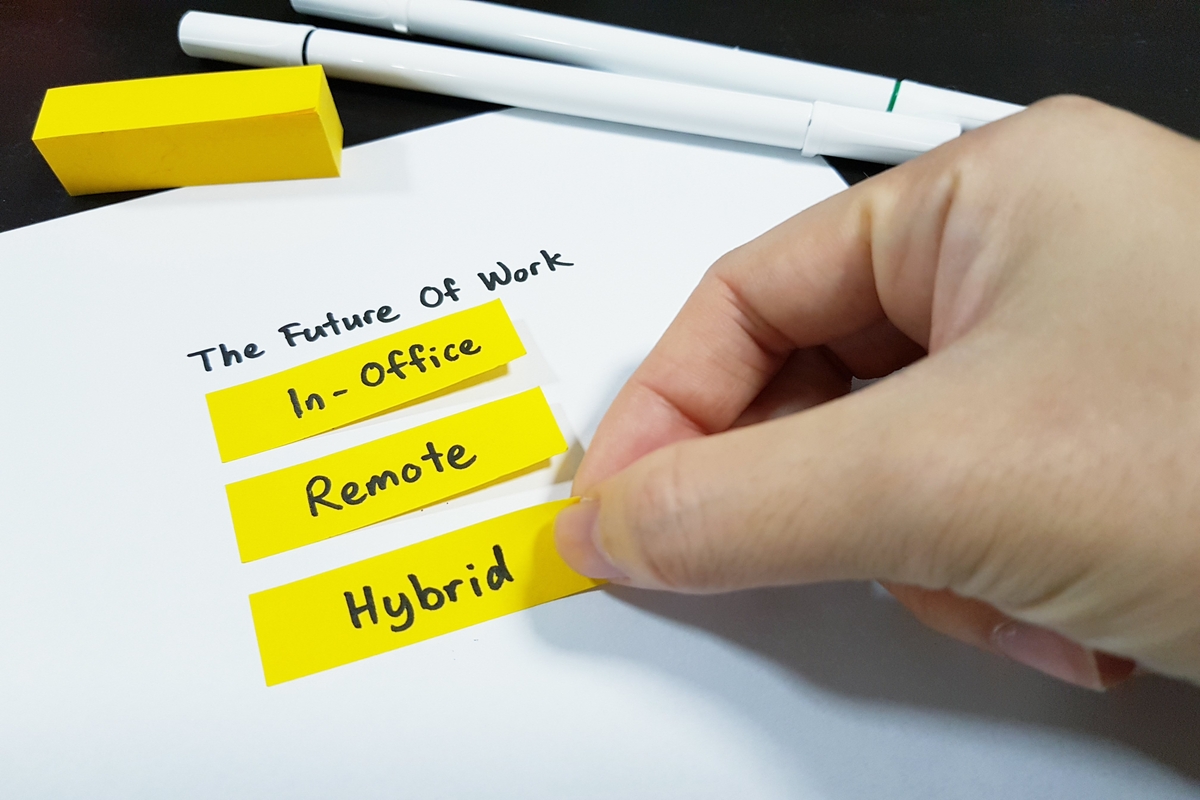Intelligence, community and recognition for pay and reward professionals.
Hybrid working as important as financial benefits to jobseekers
 Thomas Parker
Thomas ParkerJob seekers now view hybrid working as a prerequisite for new roles, according to research commissioned by flexible office and workspace provider IWG.

Overall, 88% of workers said hybrid working was an important factor when looking for a new job, placing it alongside health insurance and group income protection, and ahead of life insurance - 84% - unlimited holiday - 76% and extended parental leave - 71%.
The research is supported by new data from job site Indeed, which shows year-on-year searches for the term “hybrid” have increased by 6,531% in the 12 months up to the end of April 2022, making it one of the fastest-growing search terms on their UK website.
The ability to work remotely is also prized amongst job seekers, with searches for remote work having risen by 666%, now accounting for 2.3% of all searches. This highlights the desire for people to be able to work closer to their local communities, with 60% of survey respondents saying they would like a workspace within 15 minutes of their home.
In addition to this, according to IWG’s research, when asked to rank their top five considerations when applying for a new role, office workers rated hybrid working as being more important than company culture, equity and bonuses potential for progression and new colleagues. Nearly all said they would immediately rule out jobs that didn’t offer hybrid working.
Employees also identified several benefits to hybrid working - 67% said it improved work/life balance, while 37% cited improved mental health and wellbeing. Alongside this, 36% said it had reduced their commuting load, with 31% saying it enhanced productivity.
Additional data from IWG shows how the popularity of hybrid working is driving demand for suburban and rural office space. Demand for IWG rural and suburban office space grew by 29% in 2021, with the locations such as Bromsgrove - up 52% - Beaconsfield up 33% and Tewkesbury - up 22% - soaring in popularity.
Commenting on these findings, IWG’s chief executive Mark Dixon said:“With a buoyant job market after a challenging couple of years, workers are demanding more of their employers and their roles.
“Gone are the days when salary was the only factor when considering a job offer, and nothing better demonstrates this than the rise of hybrid working. Daily commuting is an expensive and unnecessary practice, and it’s clear to see that workers around the UK are taking back control of this time.
“Employers who don’t offer hybrid working are going to miss out on the best talent. Not only do employees benefit from a dramatically improved work-life balance, but by switching to a hybrid model, businesses can expect to save an average of more than £8,000 per employee, all while minimising their carbon footprint.”
